Jewish Festival Guide
Festivals and Fasts always begin as it gets dark the day before the event, and end (unless the event is more than a day long) once it is dark on the evening of the date specified.
During a “Yom Tov” Jewish people observing the festival will not work, answer the telephone etc., similar to on Shabbat. For events which last for 8 days the first two days and last two days are “Yom Tov”. The four days in between Yom Tov are treated as working days, despite the ongoing festival. Chanukah is the exception, as every day is a working day, with candles being lit as part of the daily evening celebrations. Most single and two day events are not considered working days.
Some basic information about each festival is listed below. For specific dates of upcoming festivals click here. If you need information of the times the festival runs for, or need specific policing advice, then please do not hesitate to get in touch with the JPA.
Purim – the “Feast of Lots” which commemorates the events recorded in the Book of Esther when Haman tried to kill the Jews living in the kingdom of Shushan (he set the date for his planned extermination by casting lots).
The Jews were saved thanks to the efforts of Esther, a Jewish woman who had recently married the King, but the episode carries the larger themes of anti-Semitism and standing up for one’s beliefs. *Work should be avoided*
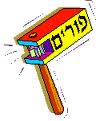
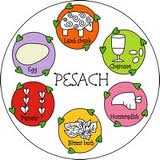
Pesach – Passover, which recalls the exodus of the Israelites from slavery in Egypt and the beginning of their 40 year trek through the wilderness to the Promised Land, It is celebrated by services and also a festive meal with special foods that each symbolise a different aspect of those events. It also has the universal theme of freedom from oppression for all peoples, as epitomised by Moses’ cry “Let my people go”. *Word not permitted on first two days and last two days*
Your content goes here. Edit or remove this text inline or in the module Content settings. You can also style every aspect of this content in the module Design settings and even apply custom CSS to this text in the module Advanced settings.
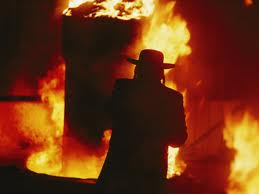
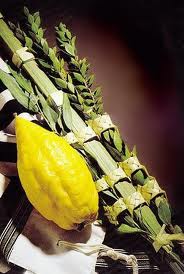
Sukkot – Feast of Tabernacles, which recalls the wanderings of the Israelites during the 40 years in the wilderness, and which also reminds of the frailty of life.
It is usual to build a sukkah – temporary hut – in one’s garden from wood and decorated with fruit, and to spend time in it during the festival. *Work not permitted on first two days thereafter restrictions apply*
Chanukah – Feast of Dedication. It celebrates both a political victory – the liberation of Jerusalem in 167 B.C.E. from the Syrians – and the spiritual survival of Judaism, which was threatened by the Syrian attempts to eradicate the faith.
Largely a domestic festival, marked by lighting a candelabra at home for eight successive nights. *Work permitted*
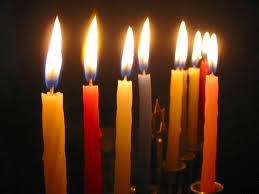
Tu B’Shevat – the New Year for Trees, which originally signified the date by which the produce of trees was measured for tax purposes in ancient Israel, but now has become a time for collecting money to plant trees in Israel both as a way of assisting attempts to reclaim land from the desert and to show support for the Land of Israel and those who live in it. *Work permitted*
Shavuot – Feast of Weeks, referring to the seven weeks it took the Israelites leaving Egypt to reach Mount Sinai, where a revelation witnessed by the whole people took place and they received many laws, including the Ten Commandments. *Work not permitted*
Rosh Hashanah – the Jewish New Year; a solemn occasion that involves reflection on the past 12 months and a determination to improve one’s conduct in the coming year. It starts a 10 day period during which one should try to rectify the mistakes that were made in the past and apologise to the people one hurt. *Work not permitted*
Simchat Torah – Rejoicing of the Law. Festival that celebrates the completion of the weekly readings from the Five Books of Moses by reading the last chapter of Deuteronomy and then restarting the cycle again with the opening chapter of Genesis. It is often accompanied by dancing with the Scrolls of the Law in synagogue. *Work not permitted*
Yom Kippur – Day of Atonement. It is spent all day in synagogue in prayer, atoning for one’s lapses. It is customary not to eat or drink throughout the period as a sign of penitence. *Work not permitted*
Tisha B’Av – a fast day which commemorates the destruction of the first temple in Jerusalem by the Babylonians in 586 BCE and the destruction of the second temple in Jerusalem by the Romans in 70 CE. *Work should be avoided*
Yom Hazikaron – Remembrance day in Israel for those who have died during the various wars that the State has had to fight since its inception in 1948 in order to maintain its survival.
Yom HaShoah – the day that recalls the Holocaust and the murder of 6 million Jews during the Second World War (1939-1945) as a deliberate policy of genocide by the Nazis.
Erev Pesach – the evening before Passover and the start of the festival
